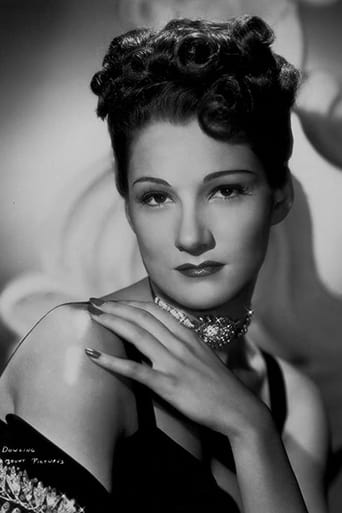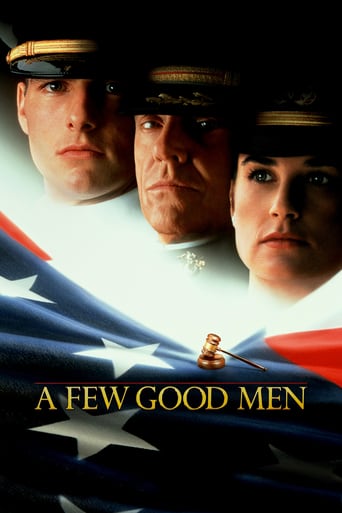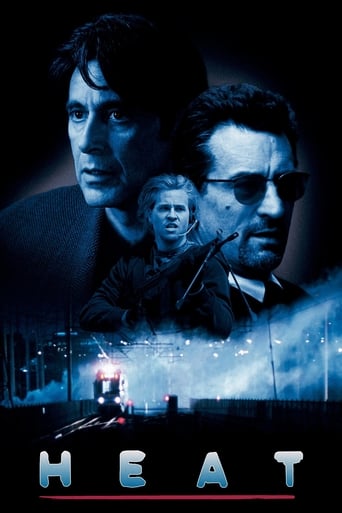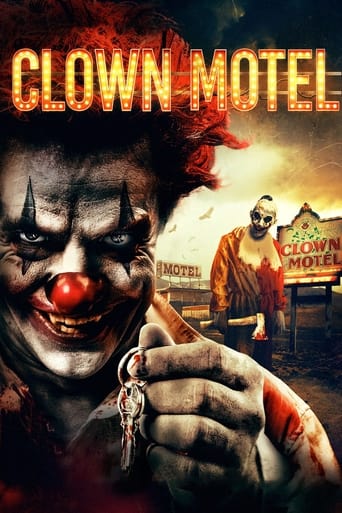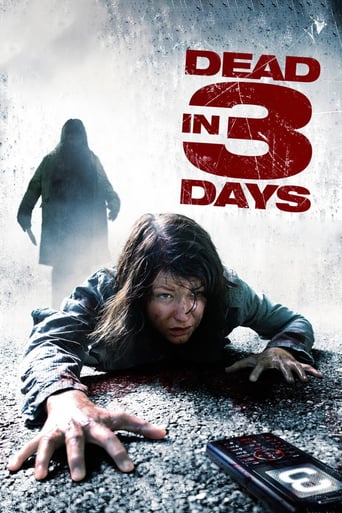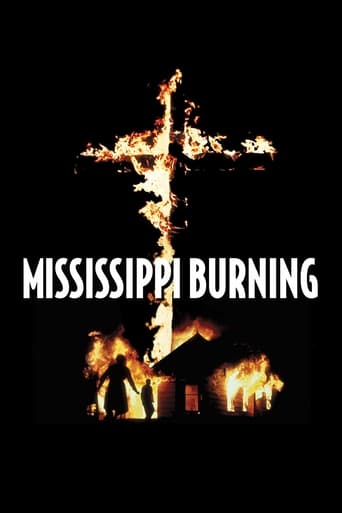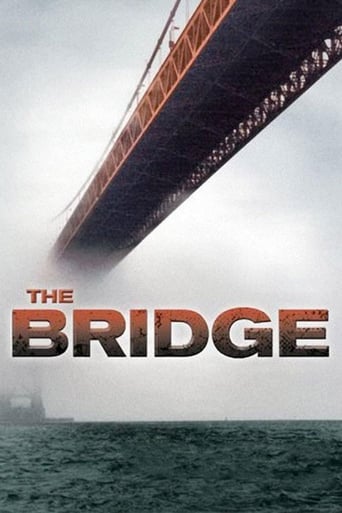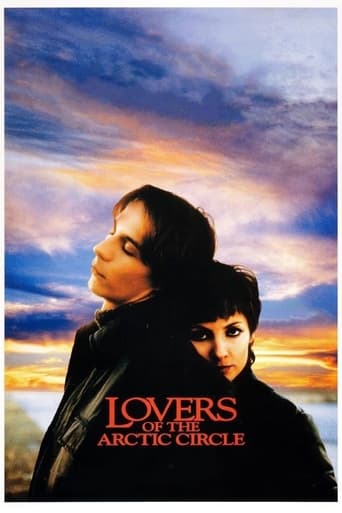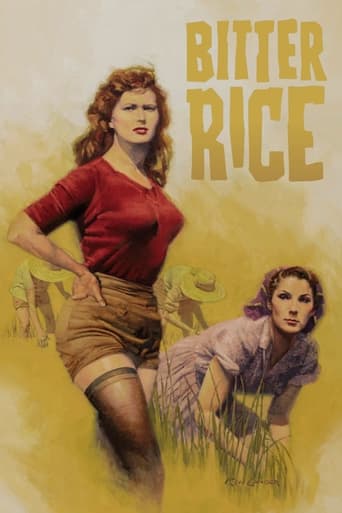
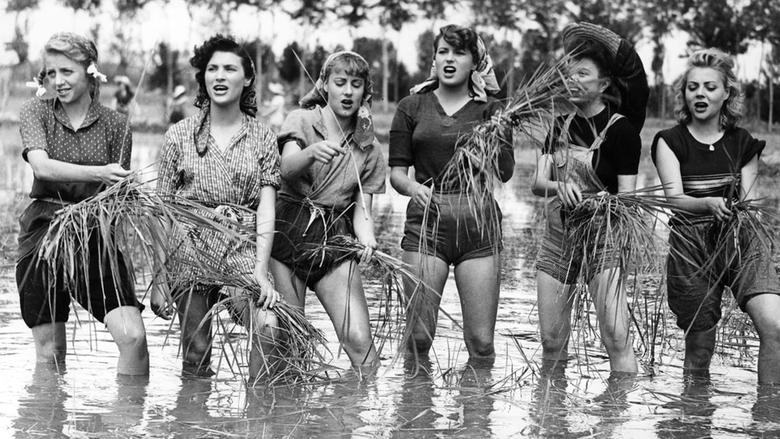
Bitter Rice (1949)
Francesca and Walter are two-bit criminals in Northern Italy, and, in an effort to avoid the police, Francesca joins a group of women rice workers. She meets the voluptuous peasant rice worker, Silvana, and the soon-to-be-discharged soldier, Marco. Walter follows her to the rice fields, and the four characters become involved in a complex plot involving robbery, love, and murder.
Watch Trailer
Cast


Similar titles
Reviews
Thieves Doris Dowling and Vittorio Gassman are fleeing the cops with some stolen jewelry when they get separated at a train station. Dowling hides out by joining a transport train for women going to work as rice pickers. She befriends rice picker Silvana Mangano, and all is good until Mangano figures out who she really is ... and then Gassman shows up. A remarkable blend of neorealism with a social message and straight up genre exploitation. While the film draws a vivid portrait of what life is like for women working at the grueling job, it also REALLY highlights their boobs and bare legs ... and ends with violent crime film happenings. I kind of love this film.
Francesca and Walter are two-bit criminals in Northern Italy, and, in an effort to avoid the police, Francesca joins a group of women rice workers. She meets the voluptuous peasant rice worker, Silvana, and the soon-to-be-discharged soldier, Marco. Walter follows her to the rice fields, and the four characters become involved in a complex plot involving robbery, love, and murder.In the film, the character Silvana represents enchantment with behavior modeled in American films, such as chewing gum and boogie-woogie dancing. Her downfall shows director Giuseppe De Santis's condemnation of these products of American capitalism. In addition, Silvana was considered by many audiences to be overly-sexualized. This sexualization and the melodramatic presence of death and suicide in the film cause it to diverge from typical Italian neorealism.I do find the symbolism interesting, especially because (as noted) the neorealist films of the era (which have been getting a major re-evaluation as of late) really are pretty straight-forward, very Italian, and often dealing with post-war themes. There is some of that post-war feeling here, but we see less of the "city as a character" and more individuals.On a personal note, I like that this film is an early entry in the DeLaurentiis dynasty. Dino DeLaurentiis produced, and his wife is the star. This is 1949 (just after World War II), and the family is still an important part of Italian and American culture today (2016).
There's something about the way actress Doris Dowling stares piercingly into the eyes of the men and women who temporarily populate the Po Valley of northern Italy. Hardly a shrinking violet, the shrewdness she innately possesses drips from her sweated brow and subtle scowl. She's equal parts Barbara Stanwyck in Double Indeminity (1944) and Vivien Leigh in Streetcar (1951); both the criminal and the victim.Bitter Rice concerns the tragic entanglements of four people, two men and two women during the much celebrated time of the northern rice harvest circa 1949. Walter (Gassman) and Francesca (Dowling) are fugitives hiding from the fuzz with a thicket of stolen jewels. They find respite among the gaggle of women working the harvest and decide to stay just long enough to elude capture and steal a few bags of rice. The craven Walter finds himself attracted to a youthful rice weeder named Silvana (Mangano) who glamorizes trinkets of American largess including and especially pop music. As such, she immediately becomes drawn to Walter's bad-boy persona. Meanwhile Marco (Vallone) a disaffected war veteran attempts to court Silvana but finds conflict from all angles.The film is a jumble of compromised pastiche, referencing everything from pre-code crime and social problem films to stage musicals adapted to the screen. Yet it's all translated with neo-realist cinematography and wing-clipped melancholia. The love triangle for instance leaves the impression of a screwball comedy yet any humor or sexual tension is muted when compared to the paranoia shared by our two criminal leads. That very real tension is subsequently switched out with flashes of turf-war bravado pre-dating the American "teen" movies of the decade to come. There's an argument to be made that this quixotic mix of sensibilities amplifies the pettiness with which our characters seem doomed to repeat again and again. What's a girls obsession with American bubblegum when compared to the troubles of an army of harvesters working in the heat?Yet the way the movie gives equal weight to the melodrama as to the characterization keeps this film just out of place for the time; like bran of the grain just slightly askew. While constantly reminding its audience of the space, the time and the politics of the day, we don't see the characters as we should - tragic and vulnerable. Instead we see them petty, vain, and oafish; oblivious to their effect on the strangers that they harvest rice with. By combining the moral and economic difficulties of post-war Italy with western-style myopia there's certainly a pep to the plot but no characters to really root for.This tug-o-war between Italian neo-realism and Hollywood glitz and melodrama reaches its boiling point during the climax, which pits the four against each other in a slaughterhouse, under the cover of night. It's a mesmerizing scene that is brimming with symbolism, pathos, artful audience manipulation and suspense. Considered as a marriage of form and technique, the climax is a marvel though seen as a corruption, the film hammers home a deeply anti-consumerist message. One that not only highlights the seductive and prevalent nature of American-style capitalism but can even be seen as a commentary on Italy's 1948 General Election (which was seen by the west as a Cold War tipping point).Yet taken out of its political and historical context, Bitter Rice is at its heart a pulpy rural drama. One that can't help but be compared to films like The Big Sleep (1946) and lauded as the film that got Silvana Mangano on the fast track to international stardom. Yet despite its limitations, the image of Doris Dowling's fierce, icy glare is burned into memory and should be etched into cinematic consciousness in the same way Mangano's erotic boogie-woogie is.
In the 1940s -early 1950s Italian Cinema was at it peak. neo-realism was the stlye The Great Italian Directors came of age: De Sica/Fellini/DeSantis & others the italian movie actresses came in to being :Magnani/Lollabridgida/Loren /Martinelli and most especially here SYLVANA MANGANO.. sultry/earthy/sexy/beautiful/tempestuous etc.. she & her directors created images which one cannot forget!!The scene in Bitter Rice where she dances solo has to rate with anything Rita Hayorth or Marilyn Monroe did in Hollywood!!wow exciting, sensuous & memorable; as a film ,Bitter Rice ,is a fine example of Italian films of that era.. an exciting depiction of working class Italy & the problems that they endured@ 1940s....So well done with a fine cast Raf Vallone/Vittorio Gassman & American film actress Doris Dowling in a memorable role as Francesca.. the scenes in the rice field with the working women are most effective for me..The plot gets a bit melodramatic with multiple shootings etc at end, & Manganos great suicide scene.. However her finest moment is in the rice field , in the rain, when she is raped(seduced) by the leacherous Walter (Gassmann) her reaction to that moment is incredible!! Great to see again & again !!



